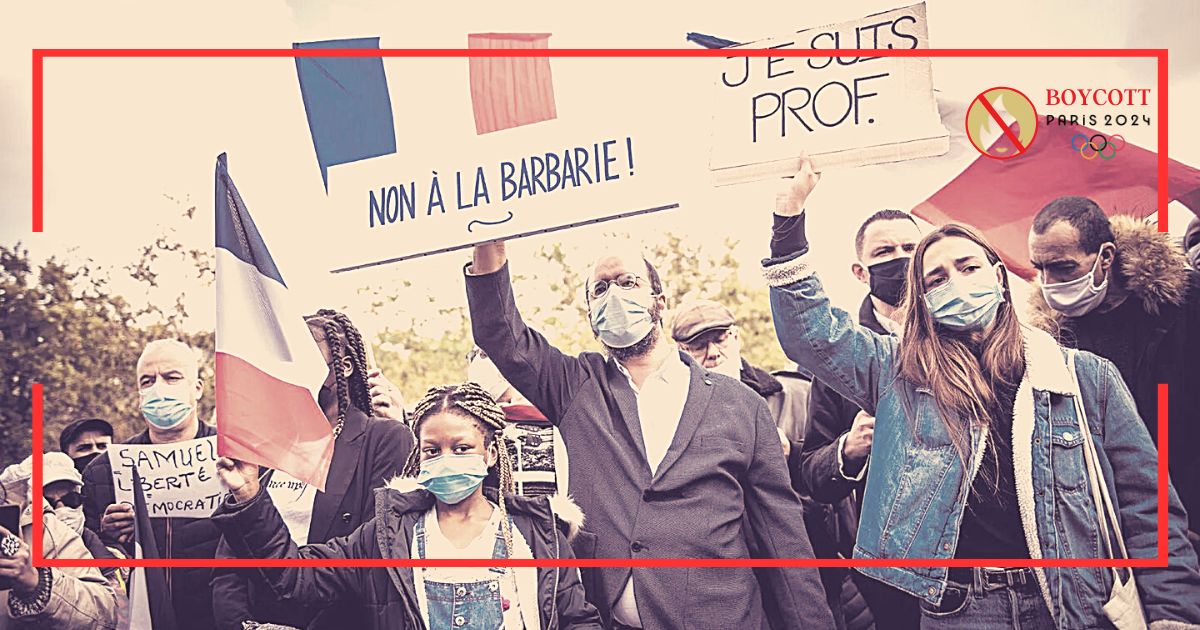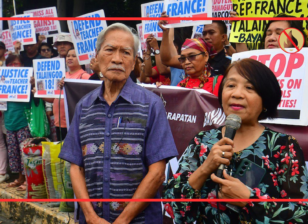Shadows of discrimination: Racism faced by North African immigrants in France
Even though comprehending racism and marginalization in France requires an understanding of French colonialism and the following movement of individuals from former colonies to France, French republicanism does not acknowledge disparities among its inhabitants, including race and ethnicity.
Some historians of France acknowledge that, in contrast to its national ethos, France has imposed racial and ethnic boundaries in the process of building its national identity.
Even though the former French colonies of Algeria, Tunisia, and Morocco started to emigrate to France in the early 1900s, the need for labor during World War I drove these emigrants to France in large numbers.
These immigrants, who were only supposed to be temporary residents, frequently made their home in the big cities’ banlieues since they provided affordable housing and manufacturing jobs.
Prevalence of Racism
With the Second World War, the Fourth Republic of France coming to an end in 1958, and the Algerian War of Independence in 1962, the number of Maghrébin immigrants kept rising. More than half of the immigrants who arrived before 1974 did so for work-related reasons, and a third came to be with their spouses or families, according to the French census. This group gave rise to a sizable portion of the second generation in North Africa. There is not much information available on the second generation of North Africans because race and ethnicity are not asked about in the French census.
Large-scale quantitative research, however, has found that 26% of children born to immigrants in France are of Maghrébin heritage by combining data on the country of birth of people and parents. More specifically, the 1999 Study of Family History indicates that 14% are of Algerian descent, 9% are Moroccan, and 4% are Tunisian. The majority of studies on this group concentrate on their disadvantage in comparison to “Whites,” especially in terms of educational achievement and labor market involvement, as well as unfair treatment and discrimination.
Socio Economic Impact
Since the French government does not maintain official statistics on the country’s Muslim population, estimates vary greatly; some place the figure between 7 and 9 percent. The bulk of Muslims are citizens of France and are mostly from the North African nations of Morocco, Algeria, and Tunisia. The difficulties that immigrants and job seekers from the Maghreb region encounter on the French labor market have been illuminated by France’s National Institute of Statistics and Economic Studies (INSEE), which has revealed that candidates from North Africa must contend with severe discrimination in the nation because of preconceived notions about their ancestry. In the meanwhile, women of North African descent had a 29% lower chance of hearing back from recruiters and possible employers than women without immigrant background. In contrast, men who apply for jobs and have North African heritage are 34% less likely to hear back from employers than those who have French or European ancestry.
Political Responses and Activism
Numerous papers with similar themes have emphasized how urgent it is for France and other European nations to intensify their efforts in combating racism and racial prejudice. The UN has issued a warning, recognizing the gravity of the problem of discrimination against immigrants and people of migrant heritage and noting that racism and discrimination are becoming more and more central to political and social problems. there was an increase in racist attacks against populations in North Africa by both individuals and gangs.
A security law passed in November 2001 that permitted searches without a warrant in some situations was a direct result of the government’s enhanced vigilance in rooting out Muslim radicalism. This measure faced strong opposition from North African groups. In order to represent the Muslim community in France, the government also established the Conseil Français du Culte Musulman (CFCM) in 2003. Another goal of the CFCM is to facilitate communication between the community and the government about Muslim customs. The colonial past of France still affects its North African people, whose communities are usually among the most disenfranchised in all of the nation’s cities.
Boycott Paris Olympic 2024: Fighting Discrimination in France
The boycott of the Paris Olympic Games in 2024 serves as a poignant response to the shadows of discrimination faced by North African immigrants in France. Rooted in a history of colonialism and exacerbated by systemic biases, this protest highlights the urgent need to address racism and inequality within the nation.
Conclusion
In conclusion, High levels of poverty and social segregation have persisted among North Africans against a larger background of xenophobia and prejudice. The government’s economic planning agency, France Stratégie, calculated in 2015 that about twice as many persons of North African origins around thirty percent leave school without a diploma and thirty percent are unemployed. Because of this, a great deal of the injustices from France’s colonial past have survived to this day, being perpetuated by continuous marginalization and a lack of opportunities.





